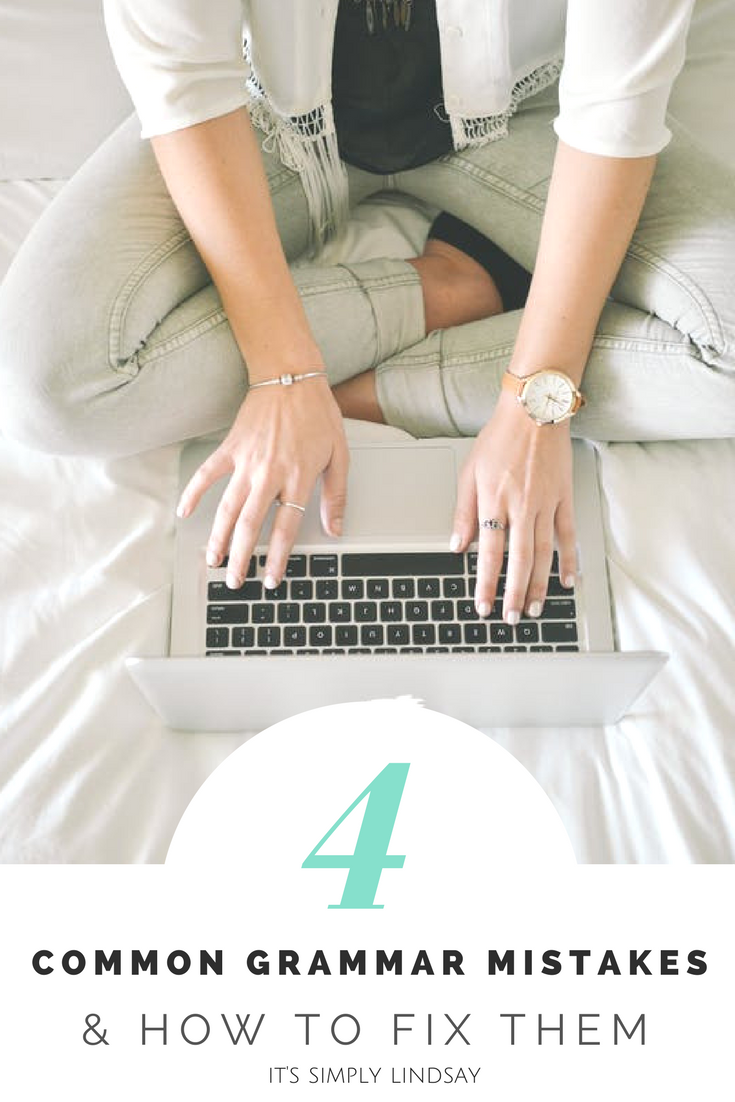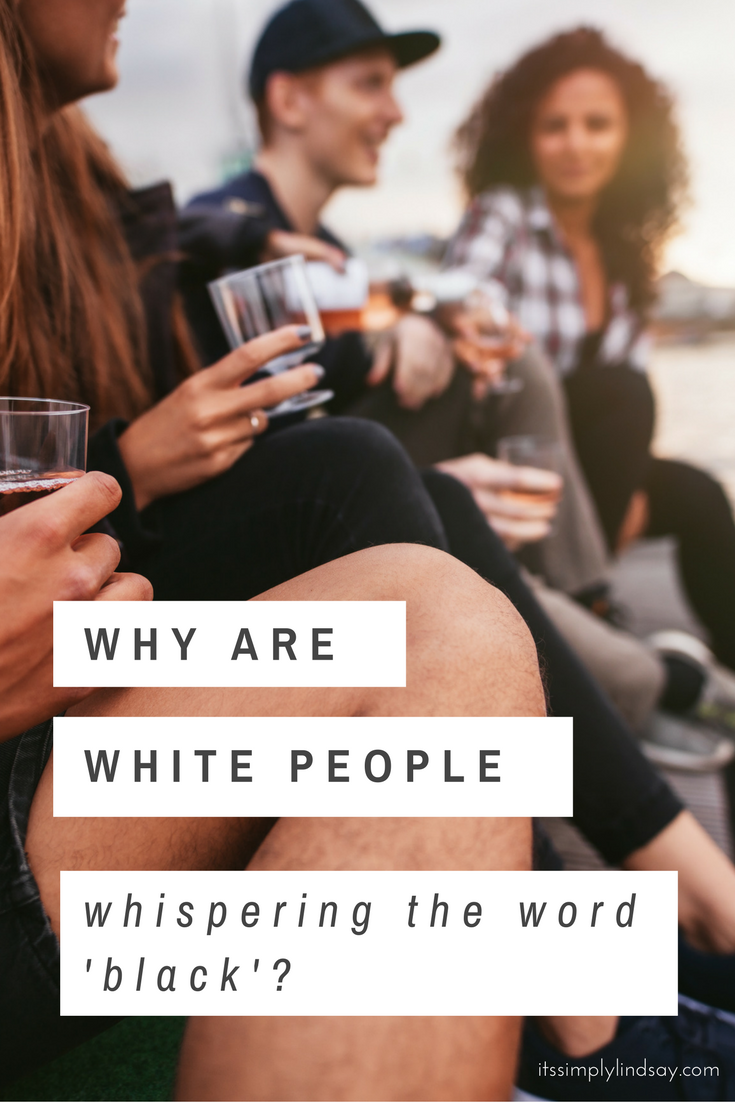How to protect your kids with #saynoandtell
Women everywhere shared brave stories of everything from “putting up with” to surviving sexual abuse with the #metoo campaign in 2017, bringing attention to the severity of a widespread yet “hush hush” problem. You probably saw social media posts of friends, neighbors, teachers, or peers you never would have known suffered through some kind of sexual abuse coming forward to share that, yes…”me, too.” Brave, sad, enraging, despicable, inhumane – these were all words that came to mind as I read these #metoo stories.
It got me thinking about my own passion for humans and feminism, but more importantly after becoming a mom, it got me thinking about my kids. My two girls, specifically. While I applaud all the women for coming forward and appreciate having a platform to share the problem in an explosive way, I just kept coming back to my kids. My girls. Stories I’ve heard. Things that have been said to me. I don’t want them to join a #metoo campaign years from now. I don’t want to applaud their bravery or feel sad and enraged. I want it to stop. I need it to stop for them and all the little innocent boys and girls who grow into vulnerable teens. I need it to stop because it just has to.








